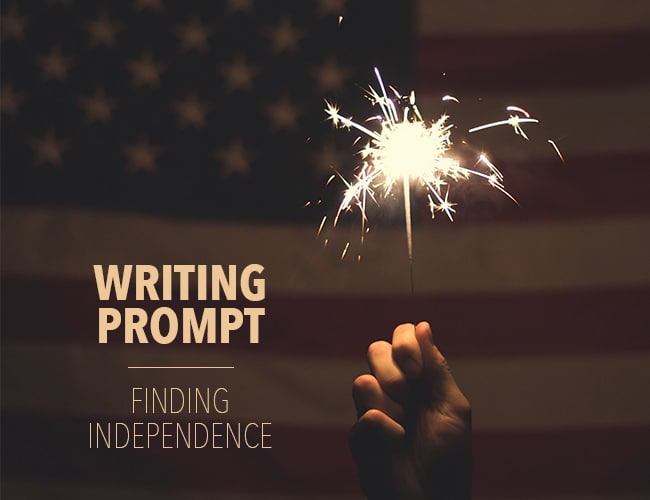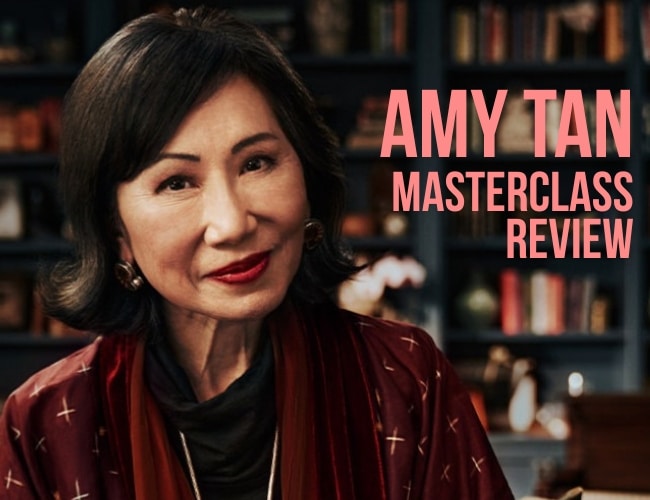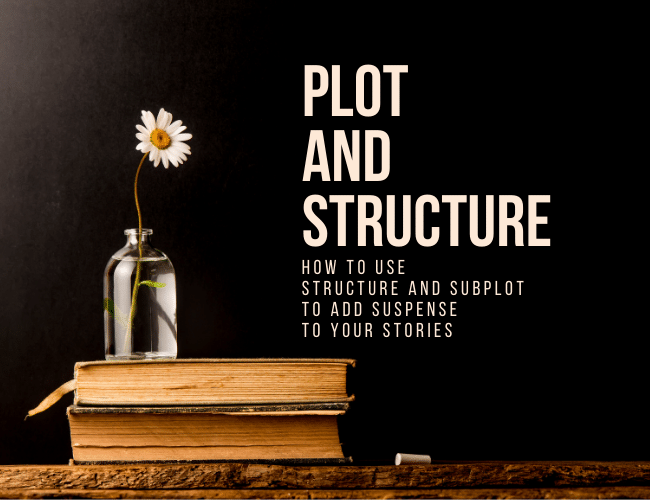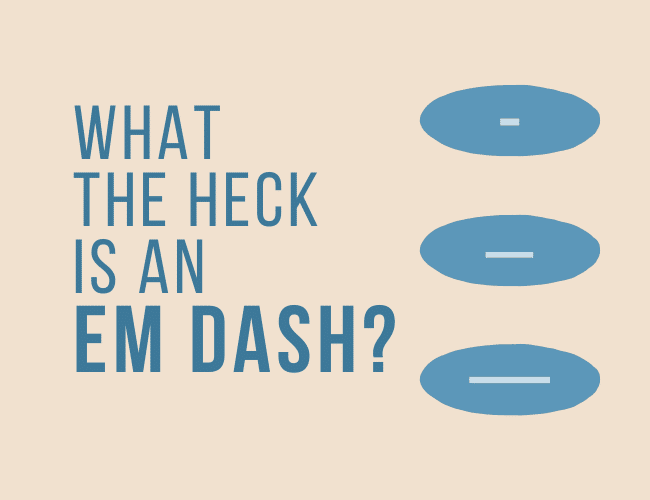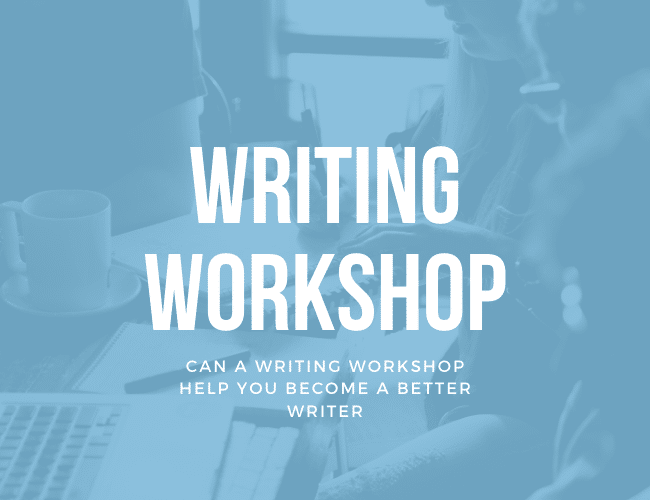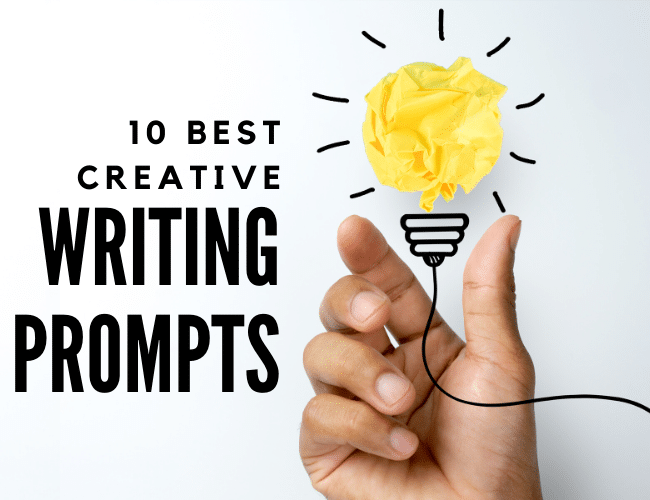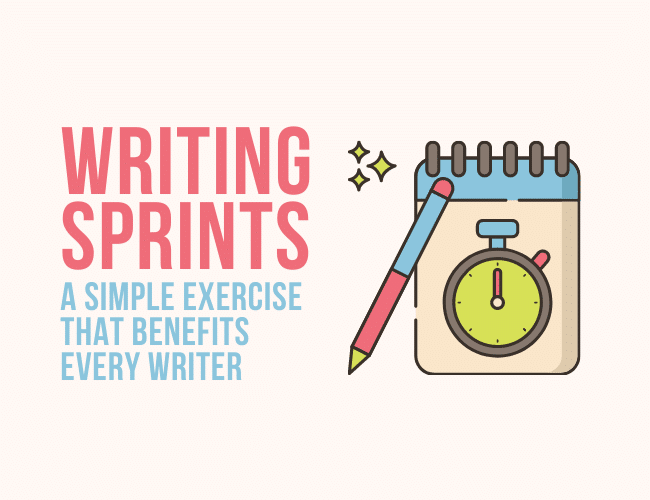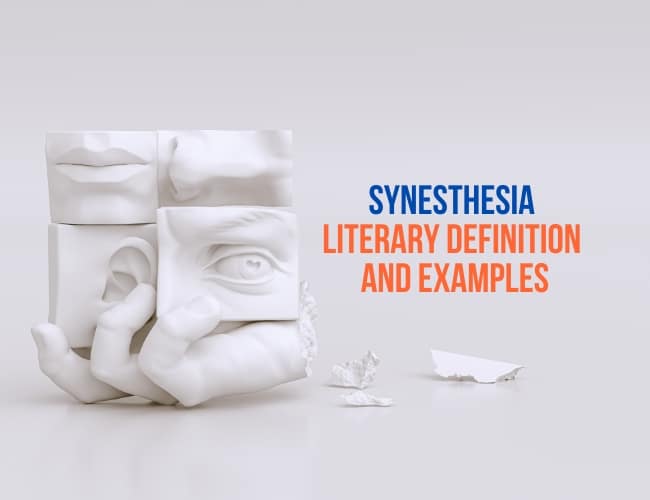We all long for independence. It’s hard-wired into the human spirit.
Perhaps this is because we all know what it feels like to be trapped. Have your circumstances ever penned you in? Have you ever been forced to look to something or someone else for sustenance, when you would rather be standing on your own feet?
That’s what today’s writing prompt is all about.
